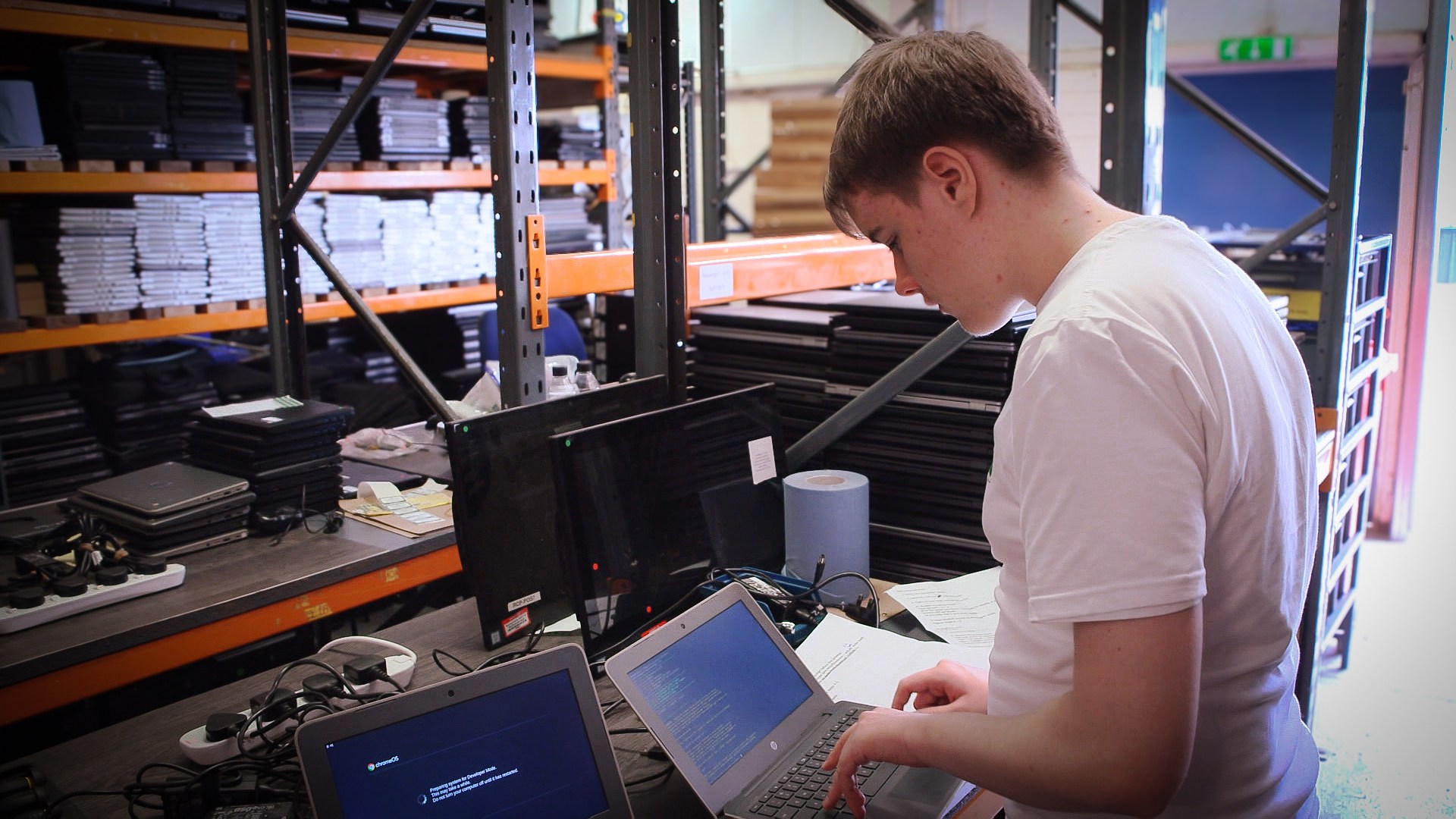By Felix Armstrong
Copyright cityam

While students flung mortar boards in the air after receiving their degrees, not everyone had cause to celebrate. Graduation was supposed to be the golden ticket to a dream career: get a good degree at a good university, and jobs at professional service firms, banks and consultancies would be there for the taking.
For many years, that was the promise, but the reality for many graduates is proving altogether different, with many confronting rejection after rejection in a moribund labour market.
The anxieties of young jobseekers were succinctly summed up by the recruitment expert James Reed last week when he warned of a “severe jobs drought” which could drag the UK back to the depths of unemployment last seen in the 1980s.
The UK’s faltering graduate job market is especially acute, according to data compiled by jobs site Indeed. While the number of overall vacancies posted on the platform has recovered to pre-pandemic levels across Europe and North America, listings in the UK are down by 23 per cent from before Covid. Graduate listings on Indeed have dropped by 33 per cent year-on-year in the UK.
Graduates are beginning to panic
While hiring often slows during periods of stagnant growth, the bigger drop in graduate hiring is a more disconcerting phenomenon. Jack Kennedy, senior economist at Indeed, said: “It’s the first time that we’ve seen graduate hiring weakening to a greater extent than the overall market during sort of periods of economic uncertainty.”
As jobs have become harder to find, graduates have begun to panic. Embracing the fact that jobseeking is felt to be a numbers game rather than based on merit, graduates feel less guilty about using AI to better their odds.
Esther, a Cambridge English graduate, told City AM that she plans to start using AI to aid keyword optimisation in her job applications despite being reluctant to do so: “It’s not something I want to have to do but, unfortunately, it’s looking like the only way to ensure my CV gets read by a real person.”
While recruiters stress that employers value skills over all else, students fear that this amounts to an over-emphasis on buzzwords, which are easily churned out in artificially-generated cover letters and CVs.
On the other side of the process employers have built AI systems of their own, deployed to sift through hundreds of similar applications. Chris Eldridge, UK&I and North America chief executive officer of recruiting firm Robert Walters, says this results in a “war game” which pits AI against AI and rewards neither: “It disenfranchises the individual and takes behaviours, cultures, and values out of the equation.”
AI cannibalising traditional ‘grad’ tasks
AI giants have also boasted about being able to take on menial or research-based tasks, which would have once been handed down to new hires as part of their training. Aligning images on powerpoints, summarising wordy emails, and proof-checking chunky reports is no longer an art – it is now an automated task. Graduates fret over the paucity of entry-level jobs in the market. “My suspicion is that AI has taken over a lot of these junior roles,” said Nick, a philosophy graduate from University College London.
The Tony Blair Institute (TBI) defends the growing – and seemingly inevitable – presence of AI in the world of work. While conceding that AI is replacing junior workers in sectors including coding and law, James Browne – a senior economic advisor at TBI – insists AI is not the only culprit of plummeting graduate vacancies.
Browne names the fallout of over-hiring during the Covid pandemic, unpredictable US trade policy and Rachel Reeves’ costly decision to hike employment taxes and raise living wages as key causes of the fall in graduate hiring.
“Technology that automates or augments the abilities of workers is a major engine of productivity and growth in the economy. In the long run, this should lead to higher wages and new kinds of jobs,” he said.
Nick Hillman, director of the Higher Education Policy Institute (HEPI), is also hopeful that graduate jobs will be largely unscathed by the use of AI in the workplace.
“Everyone says graduate jobs are disappearing as a result of AI,” Hillman said. “That is obvious everywhere except in the actual data, which show graduates are still much more likely to be employed than non-graduates.
“The jobs that AI will gobble up first are surely more likely to be non-graduate roles.”
An over-eagerness to blame AI for the crumbling jobs market could distract from the real factors at play. Industry analysts say that artificial intelligence has become a scapegoat used by employers and pundits to minimise the material steps that could be taken to ease the difficulties faced by graduates.
Jamie Booth, a representative of the business charity Jobs Foundation, told City AM: “It’s much easier for a business to say that they’re not hiring because of AI than it is to say it’s because businesses are struggling.”
Battered by economic headwinds
In reality, stretched economic conditions mean that employers feel forced to cut hiring to make ends meet in the short term, even if this sacrifices long-term growth. And Labour’s incoming Employment Rights Bill has dampened hopes about the future of the jobs market. New rights allowing workers to sue employers for unfair dismissal from the first day is likely to raise the bar for risk-taking among small and medium-sized companies strapped for cash.
Both Chancellor Rachel Reeves and Prime Minister Keir Starmer have stressed their desire to get young people into work, particularly those who are not counted in unemployment figures because they are inactive. Pat McFadden, the new work and pensions secretary in charge of driving skills training across the UK, is charged with persuading firms to place a bet on Britain’s youth.
In this context, businesses have pleaded for the government not to raise taxes further after last year’s punishing tax hikes squeezed payroll budgets. But the government could also use a stick to force firms to pay for training. Think tanks and economists are leading calls for the government to target larger businesses by hiking the 0.5 per cent apprenticeship levy in order to fund its expanded growth and skills levy.
Apportioning blame for the graduate jobs crisis might seem straightforward: the lazy university leavers aren’t making enough of an effort to get hired; the value of a degree is falling; the government is making it impossible for companies to employ people; businesses keep cost-cutting and are refusing to take a punt; technology is eating our future.
The truth is likely to feature a bit of each of these explanations, and unless the issues are understood and addressed the once-dependable road from campus to career could soon fade from the map.



